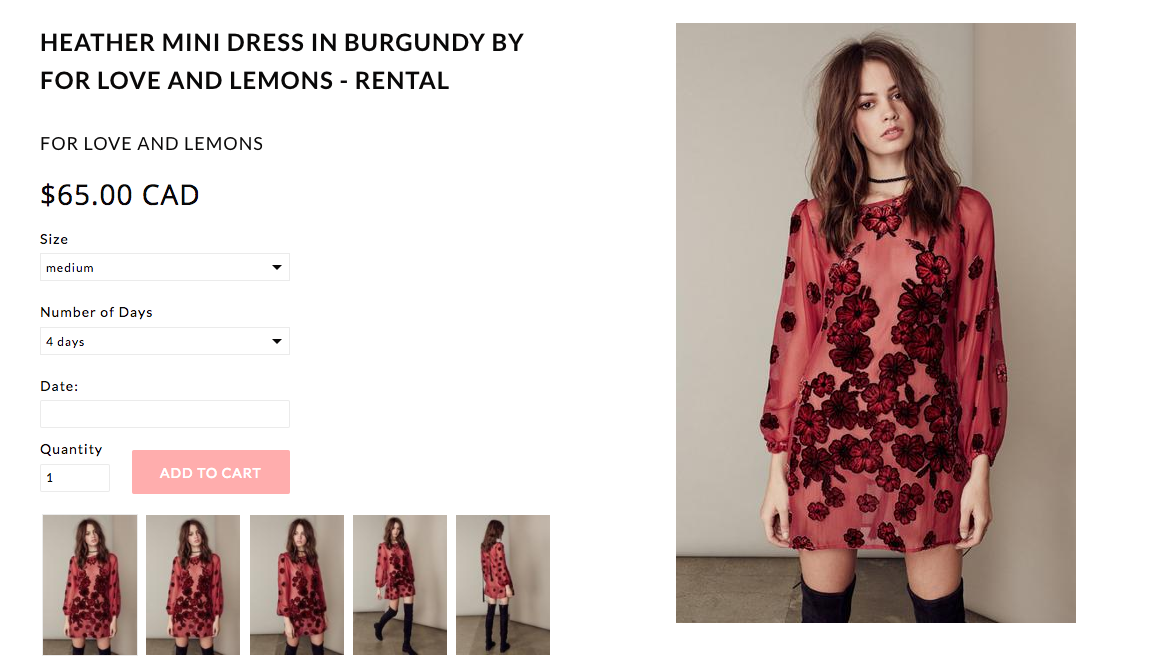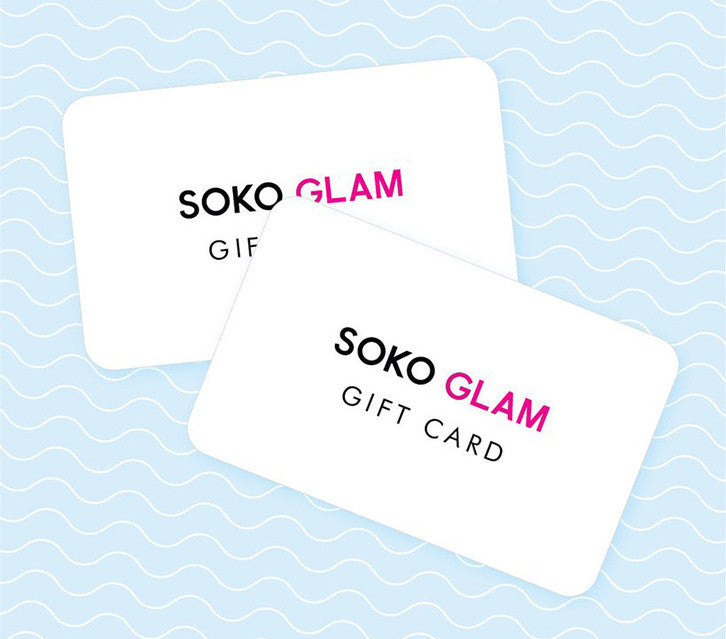
When you think of Shopify, what initially comes to mind? Whether it’s dropshipping t-shirt businesses or maker shops, you’re likely thinking about physical products—small businesses creating and curating goods to sell in store or ship around the world.
But when we say “product”, we’re talking about more than just tangible things.
Many merchants are using Shopify in creative ways to sell, well, pretty much anything and everything else. Experiences, courses, rentals, and digital downloads are just a few business ideas beyond physical products.
If you’re just starting out on your journey to entrepreneurship, and still haven’t decided on an product to sell online, consider the intangible, too.
Services or other non-products may be your core business, or an add-on to an existing product based business. Products and non-products can be sold side by side in the same Shopify store.
For example: sell adventure tours to tourists online and then target them with an email campaign later to incite them to buy t-shirts or other merchandise to remember the experience.
What to sell on Shopify (other than products)
We looked at 14 Shopify stores selling everything from consultations to charitable donations to dress rentals to help inspire your own entrepreneurial genius.
For each type of business, we’ve suggested apps and tools to help you make the most of your Shopify experience, and make the checkout process as seamless as possible for your customers.
1. Services (Appointments)
Sin Chew Optical sells eyewear on its online store and in a physical location, but customers can also book in-person eye examinations via its website. This is a great option for primarily service based businesses like spas and salons that also offer physical products online.
"I provide eye test appointment booking online. If someone books an eye test we will just free up the slot to be sure we have an optometrist available during that time." – Adriel Wen, Sin Chew Optical
Suggested app: Appointment Booking adds a dynamic calendar to your store, allowing customers to book preferred time slots with real-time availability. The app syncs with Google Calendar and automatically sends confirmation emails to you and the customer.

2. Memberships
Organizations like the California Native Plant Society can sell memberships to customers on Shopify using a simple app. Memberships work much like subscription box businesses, relying on a recurring payment setup.
Suggested app: Recurring Memberships allows merchants to sell one-time or recurring memberships online, and can be used for physical businesses (say, a yoga studio) or to manage member-only access to content on a website.
3. Consultations
Sell your time. Whether you’re an interior designer or life coach, an ecommerce site can help you book and sell online or in-person consultations. Healthy Habits Living sells nutritional supplements via its online store, and owner Carly Neubert offers personalized nutritional assessments also for purchase on the site.
Suggested apps and tools: an app like Sufio helps manage invoicing for service based businesses. Also try Shopify’s Invoice Generator tool.
4. Digital Downloads
If I Made creates original creative course content with industry professionals and delivers the programming digitally to students.
“Wedding Styling 101 was an in-person workshop curriculum. We then took that content and brought it all online to make it more portable and accessible. Our courses are a combination of worksheets, PDFs, and video.” – Emily Newman, If I Made

Digital downloads can also refer to music files, fonts, or other design elements. Laura Thomas of Pretty Presets uses Shopify to sell Lightroom presets to photographers.
Suggested apps: apps like Sky Pilot and Digital Downloads can instantly deliver files to customers after purchase, or send a link to where the files can be downloaded. Also try apps like Easy Video to add video previews or free content to product pages.
5. Event Support
The Mobile Locker Co. rents and delivers mobile banks of lockers for marathons and outdoor events. Event organizers arrange lockers with the company, and The Mobile Locker Co. uses ecommerce functionality to let runners book individual lockers (listed by event) through the site.
“Online, we offer runners the opportunity to rent their locker in advance. This secures their locker and, for certain events, saves them 20% off the onsite pricing.” – Owner, The Mobile Locker Co.
Stretch Tents provides tents and set-up for events, and due to the custom nature of the service, relies on a chat app to help understand the customers' needs.
Suggested apps: booking services for specific events requires extra information to be collected from customers, and a real-time booking app to secure event dates. Try installing Powr Form Builder or a chat app like Tidio, and BookThatApp.
6. Experiences
Experience-based businesses can range from travel and adventure to wine tastings and hands-on workshops. Aspen Expeditions Worldwide sells rock climbing adventures, international guided trips, and camping expeditions through its ecommerce store. Product pages for each adventure requires a ton of copy—Aspen Expeditions organizes the information by adding tabs to the product description.
Suggested app: travel or experience based businesses may need to collect additional customer information like medical concerns and emergency contacts. Use Powr Form Builder to create more robust and customizable forms.

7. Fitness Classes and Lessons
Wakes Surf and School not only sells and rents surf and wakeboard gear, they also teach you how to use them. Customers can purchase, rent, and book lessons all through the online store. Gyms and yoga studios can also sell class passes or memberships online—use customer accounts to manage member information.
Suggested app: customers can book their own lessons and class passes using the Appointment Booking app at the time of purchase. Recurring Memberships is a great options for gyms and fitness studios, too.
8. Rentals
Rental businesses are technically service-based, even though a physical product is involved. Mannequin Madness sells retail props to other shops via its online store, but also rents them temporarily. While their rental catalog is online, they use a contact form to assess customer needs before processing the rental.
"I am an accidental entrepreneur. I saw a mannequin on Craigslist and was going to buy it for an art project. When I discovered that the person selling the mannequin operated the only mannequin rental company in town and was leaving the state, I bought his entire inventory of 50 mannequins." – Owner, Mannequin Madness
Dress rental business, Fitzroy, however, asks customers to select a rental period from the product page using a date selector variant, and check out right on the site. They rely on a simple app and a clear FAQ page to make the rental process smooth for customers, and relatively hands-off for their staff.
Suggested apps: try Powr Form Builder for manual rental requests and BookThatApp to add a calendar to product pages.

9. Installations (and Quotes)
GoGreenSolar.com sells and installs solar energy solutions for homeowners. Due to the custom nature of the product and installation, customers can request quotes and expert advice via forms throughout the site.
Suggested app: install Quick Quote to gather customer quote requests from your store, and use the app to track the quote status and chat with customers. Quick Quote also works for any business doing larger custom projects—graphic designers, furniture makers, or contractors, for example.
10. Donations
Many charities use Shopify as the merchandise arm of the operation, selling t-shirts and other goods with profits supporting the cause. Charities and non-profits like MADI also use an ecommerce site to “sell” one-time and recurring donations.
Suggested apps: use ReCharge to accept recurring donations, and Tax Receipts to send automated and customizable charitable donation receipts to customers. Also try Share the Love, an app to help non-charity stores offer a charity donation option at check-out.
Free Video Series: Ecommerce Inspiration
Feeling uninspired? Watch some of the world's most successful entrepreneurs share their best advice for new business owners.
Get the free video series11. Event Tickets
Shopify store Undertow works with select artists to sell tickets online for music events throughout the US. They use a paperless delivery method, sending downloadable PDF tickets to customers.
Suggested apps and tools: try Events Calendar (an app that syncs with Shopify and Google Calendar) to keep customers and fans in the know about upcoming events. Digital delivery apps like Sky Pilot or SendOwl work great for ticketing. Also try our free QR Code Generator.
12. Digital Gift Cards
The simplest of non-tangible goods to add to any website is gift cards. From Shopify, you can enable gift cards for your store (if you're on the Shopify plan or higher)—they work for both product and service-based businesses, if redeemed online.
Suggested tool: customize your gift card design using our free template.

If you’re not shipping physical products from your Shopify store, you may need to disable shipping settings and configure email templates to suit your business. More complex businesses may also consider hiring a Shopify Expert to customize the functionality of the store.
Do you sell services or other non-products on Shopify? In the comments below, tell us about your business and your favorite apps.


